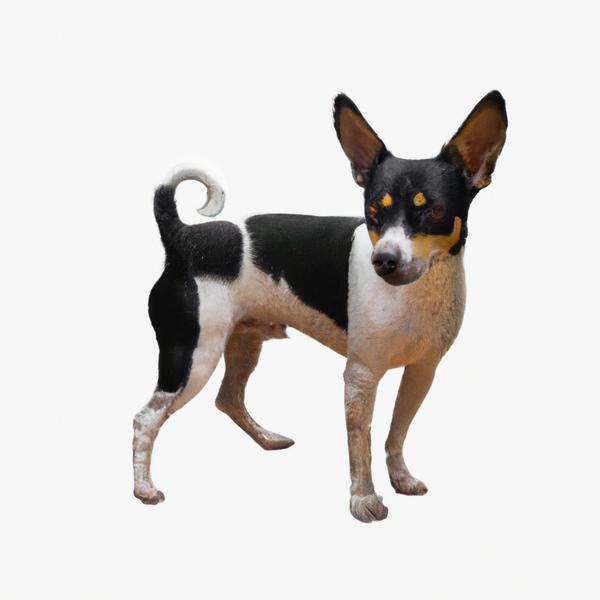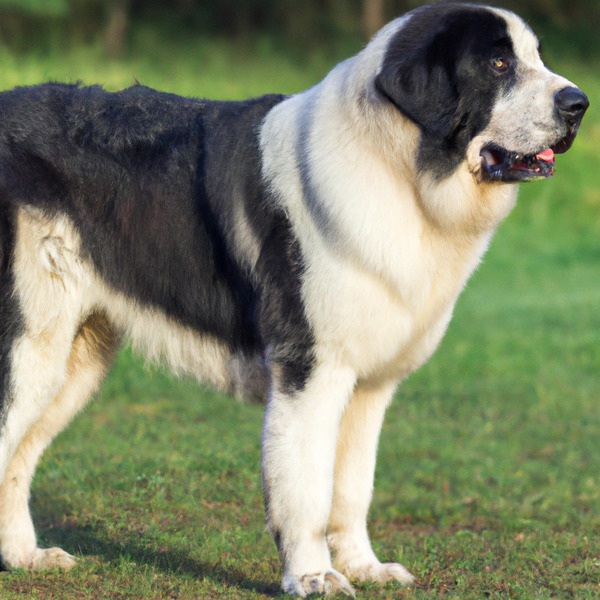Chidale vs. Karakachan: Breed Differences and Similarities
Hypoallergenic
Are Chidales or Karakachans hypoallergenic, or neither?
Unfortunately, neither Chidale nor Karakachan are hypoallergenic, which may not make them the best choice for dog lovers who suffer from pet allergies.
Temperament
What are the personalities of Chidale and Karakachan dogs?
Playful
Energetic
Alert
Courageous
Intelligent
Confident
Friendly
Outgoing
Obedient
Loyal
Quick
Devoted
Lively
Adaptable
Brave
Balanced
Brave
Independent
Proud
Dominant
Intelligent
Vigilant
Shedding Level
Do Chidales shed more than Karakachans, or which breed sheds more, Chidales or Karakachans?
Chidales are low shedding dogs, requiring minimal coat care.
Karakachans are heavy shedders, but regular brushing can help manage shedding and promote a healthy coat.
Ancestry
What are the origins of Chidale and Karakachan breeds?
Chihuahua, Airedale Terrier
Unknown
Date of Birth
When were Chidale and Karakachan breeds first developed?
Unknown
Ancient Times
Eye Color Possibilites
What are the eye colors of Chidale and Karakachan dogs?
Brown
Hazel
Brown
Nose Color Possibilites
What are the natural nose colors of Chidale and Karakachan?
Black
Black
Coat Color Possibilites
What are the natural colors of the coat for Chidale and Karakachan breeds?
Black
Blue
Cream
Fawn
White
Red
Pied
Black
Brown
Sable
Brindle
Coat Length
What is the typical coat length for Chidale and Karakachan breeds?
Chidales have longer coats compared to most dogs.
Karakachans have medium-length coats.
Coat Density
What is the density of the coat of Chidale and Karakachan?
Coat Texture
What is the hair texture of Chidale and Karakachan?
Wiry
Straight
Litter Size
What is the usual litter size for Chidale and Karakachan?
A Chidale can have a litter of 7-9 puppies on average. However, it's worth noting that the size of the litters can vary greatly. Factors that can influence litter size include the health of the mother, breeding history, and genetics.
A Karakachan can have a litter of 12-14 puppies on average. However, it's worth noting that the size of the litters can vary greatly. Factors that can influence litter size include the health of the mother, breeding history, and genetics.
Adaptability
Chidales are highly adaptable and versatile, making them excellent companions for families and individuals of all lifestyles.
Karakachans have average adaptability to changes in lifestyle and living environments compared to other breeds.
Health Issues
Between Chidale and Karakachan, which breed is more prone to health problems?
While the Chidale breed is generally healthy, occasional vet check-ups are still necessary to address any health concerns.
Karakachans are susceptible to health issues like all breeds, so it's important to monitor their health and seek veterinary care when needed.
Major Concerns
What are the major health concerns for Chidale and Karakachan breeds?
Hip Dysplasia
Usually A Very Healthy Breed
Minor Concerns
What minor health issues should be kept in mind when owning Chidale and Karakachan?
Patellar Luxation
Pulmonic Stenosis
Hypoglycemia
Hydrocephalus
Gastric Dilation Volvulus (GDV) or Bloat
Occasional Tests
What occasional tests are recommended for Chidale and Karakachan breeds?
Hip X-Rays
Blood Tests
Heart Testing
Knee X-Rays
X-rays or other radiographic imaging
Blood Panel
Social Needs
Chidale vs Karakachan social needs comparison
Chidale and Karakachan have very high social needs. These needs include regular mental and physical stimulation, a job or purpose, and companionship. They thrive in environments where they have a lot of interaction with humans and other dogs.
Sleeping Need
Which of the two sleeps the most/least: Chidale or Karakachan?
Chidales sleep less than other breeds but still need adequate sleep for good health.
Karakachans have moderate energy levels and typical sleep patterns of 12-14 hours per day.
Mouthiness
Mouthiness Comparison: Chidale vs Karakachan?
Roaming urge
Chidale vs Labrador: Running away tendency?
Prey Drive
Chidale or Karakachan - which breed has a higher level of prey drive?
Activity Level
Which breed has higher energy, Chidales or Karakachans?
Chidales are high-energy dogs. They need mental as well as physical exercise. These dogs require a lot of your involvement and without it they can, and will, become problematic dogs.
Karakachans are medium-energy dogs and typically enjoy socializing and playing casual or even sustained games of chase with other dogs. They may also have occasional periods of barking or racing around the house.
Tolerance of being left alone
Walks per Week
How many miles should Chidale or Karakachan walk each week?
There's really no limit to how far you walk your dog as long as they're comfortable. For Chidale, it's at least 9 miles / week. Just remember to build distance and stamina gradually over time.
There's really no limit to how far you walk your dog as long as they're comfortable. For Karakachan, it's at least 14 miles / week. Just remember to build distance and stamina gradually over time.
Activity per Day
Do Chidales or Karakachans require more exercise?
Both Chidale and Karakachan typically require a minimum of 60 minutes of exercise each day. The exercise can be spread throughout the day and may involve high-energy activities like walking, running, and playing.
Grooming
Which breed is easier to maintain in terms of grooming, Chidales or Karakachans?
The Chidale requires an average amount of grooming compared to other breeds.
Karakachans require significant grooming, including regular trims and professional grooming assistance to maintain their coat. They may also require frequent bathing to keep their coat and skin healthy.
Brushing Frequency
What is the recommended brushing frequency for Chidale and Karakachan dogs?
Chidale should be brushed at least once a week. Of course you can give them more frequent brushes if you find that they are still shedding a lot
Ideally, Karakachan should be brushed at least 2 or 3 times a week (preferably daily) improve shedding.
Brushing Tools
What brushing tools are used for Chidales and Karakachans?
Pin Brush
Slicker Brush
Comb
Nail Clipper
Pin Brush
Comb
Deshedder
Nail Clipper
Cups
How much food should be given to Chidale or Karakachan in cups?
For an average 15-18 pound (7 - 8 kg) Chidale feed 1 cups daily. But, keep in mind, the amount you feed is going to be dependent on the quality of the food you are feeding.
For an average 85-120 pound (39 - 54 kg) Karakachan feed 2.5 cups daily. But, keep in mind, the amount you feed is going to be dependent on the quality of the food you are feeding.
Daily Cost
Which breed has a higher daily cost, Chidale or Karakachan?
The average cost of a Chidale is somewhere $1.40 - $1.70 per day.
The average cost of a Karakachan is somewhere $1.70 - $2.00 per day.
Monthly Cost
Which breed has a higher monthly cost, Chidale or Karakachan?
The average per month expenses of a Chidale is between $35 - $42. This makes an average of $420 - $504 per year. It will be on the higher side when the dog is still small because it will need more frequent visits to the vet, shots.
The average per month expenses of a Karakachan is between $48 - $63. This makes an average of $576 - $756 per year. It will be on the higher side when the dog is still small because it will need more frequent visits to the vet, shots.
Sensitivity Level
How do Chidale and Karakachan compare in sensitivity?
This breed is sensitive and requires gentle handling and a calm home environment.
Karakachans have average emotions and adapt well to different situations.
Apartment Friendly
Which breed is more apartment-friendly: Chidale or Karakachan?
The Chidale is a great apartment dog, thriving with sufficient exercise and time outside as part of their daily routine.
Karakachans can do well in apartments with enough exercise and time outside, but a small yard would be ideal.
Child Friendly
Do Chidales or Karakachans have a friendlier temperament towards children?
Chidales have an average level of friendliness towards children.
Karakachans are good with kids if socialized and trained from a young age.
Senior-friendly
Which dog is more suitable as a pet for the elderly - Chidale or Karakachan?
Cat Friendly
Do Chidale or Karakachan breeds have a better compatibility with cats?
Chidales and Karakachans are an average cat friendly dog. They do well with cats, even more if raised together from puppyhood.
Dog Friendly
Which breed is more sociable with other dogs: Chidale or Karakachan?
Chidales are less friendly towards other dogs, but can improve with socialization.
Karakachans are average in their friendliness towards other dogs, and socialization can help.
Pet friendly
How do Chidale or Karakachan dogs interact with other pets?
Stranger Friendly
Which breed is more friendly with strangers: Chidale or Karakachan?
Chidales are averagely friendly around strangers but benefit from early socialisation.
Karakachans are quick to announce strangers and can be standoffish or suspicious.
Playfulness
Which breed is more playful between Chidale and Karakachan?
Chidales are a playful breed that needs daily playtime to be happy.
Karakachans have an average level of playfulness, enjoying playtime like most dogs but not excessively so.
Trainability
How do the trainability levels of Chidales and Karakachans compare?
Chidales are popular for their ease of training and quick learning ability.
Karakachans are usually easy to train but require consistency to fully obey commands.
Compare Chidale with other breeds
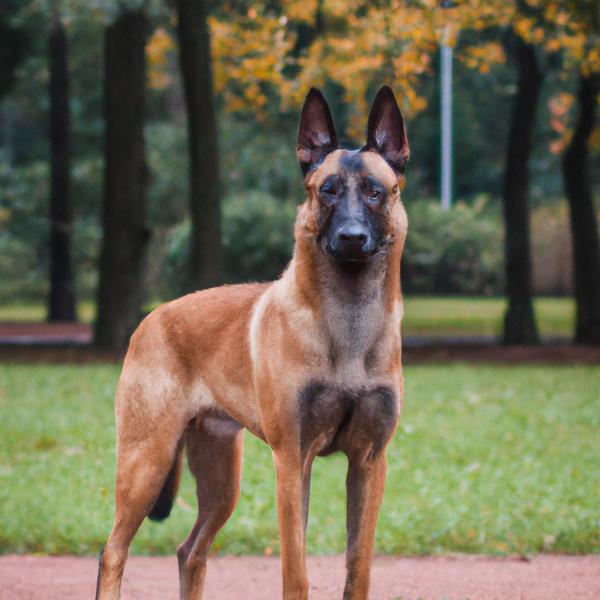
German Malinois
Chidale vs German Malinois
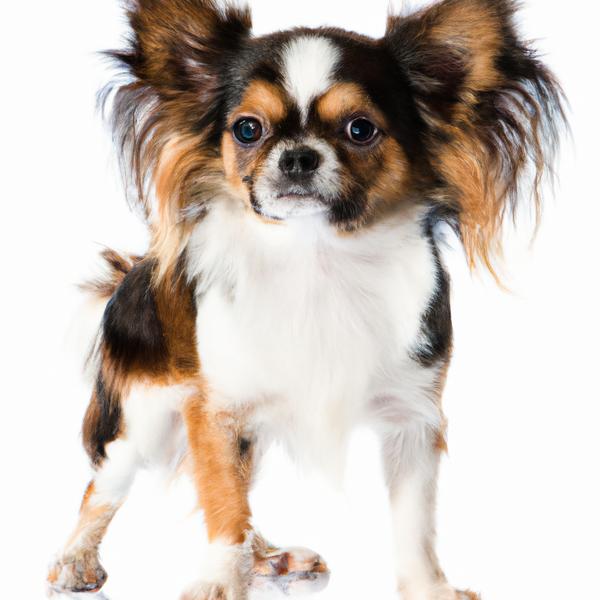
Chi-Spaniel
Chidale vs Chi-Spaniel
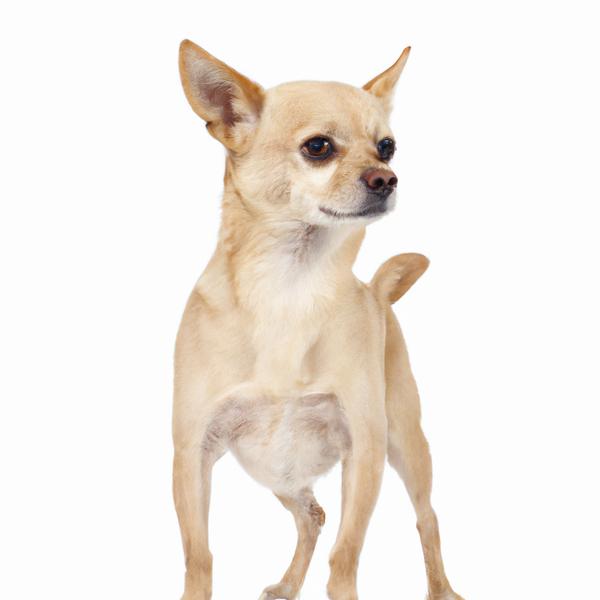
Bolo-Chi
Chidale vs Bolo-Chi

Faux Frenchbo Bulldog
Chidale vs Faux Frenchbo Bulldog
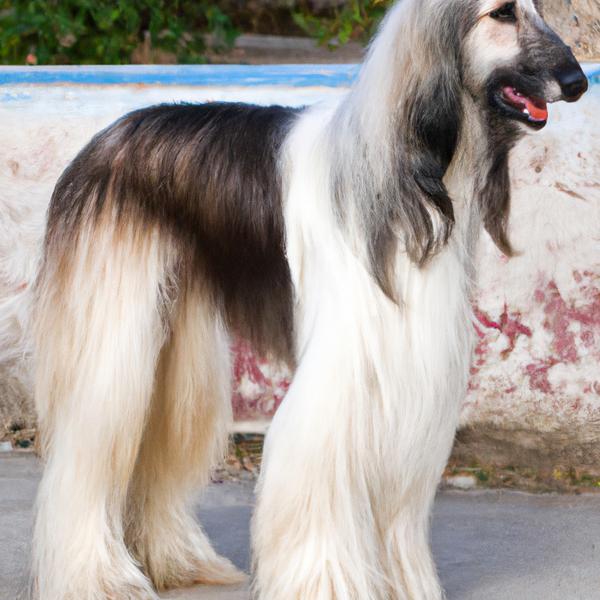
Afghan Collie
Chidale vs Afghan Collie
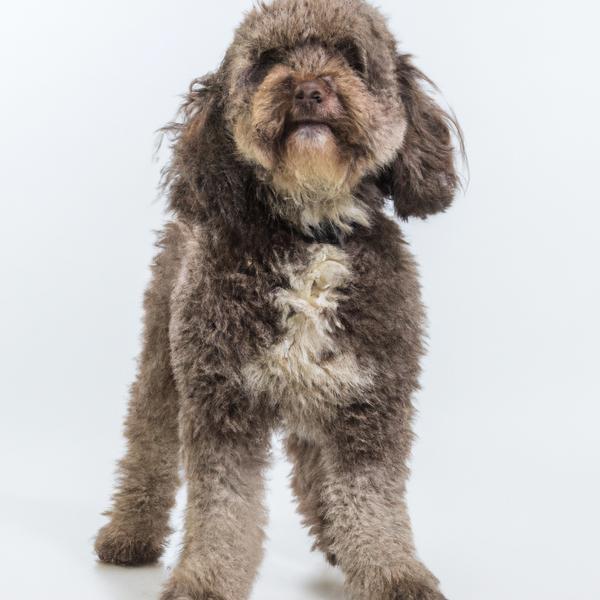
Chesa-Poo
Chidale vs Chesa-Poo
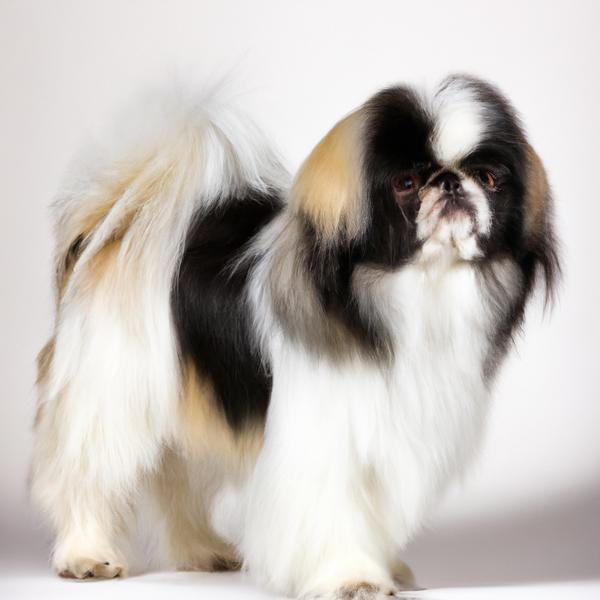
Japanese Chin
Chidale vs Japanese Chin
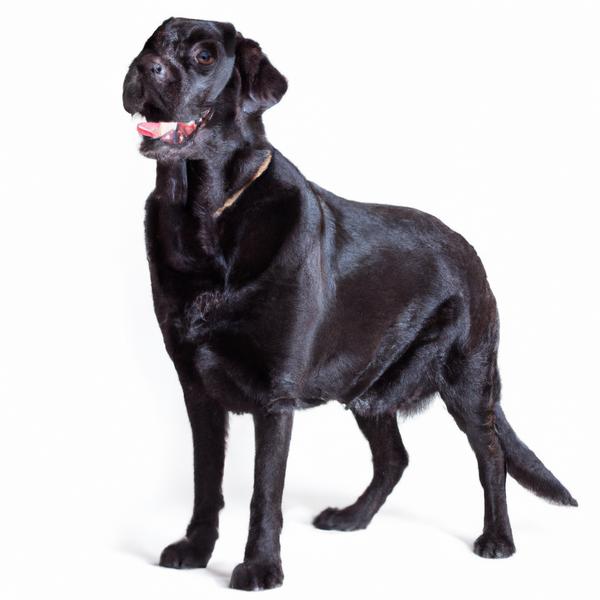
Labradinger
Chidale vs Labradinger
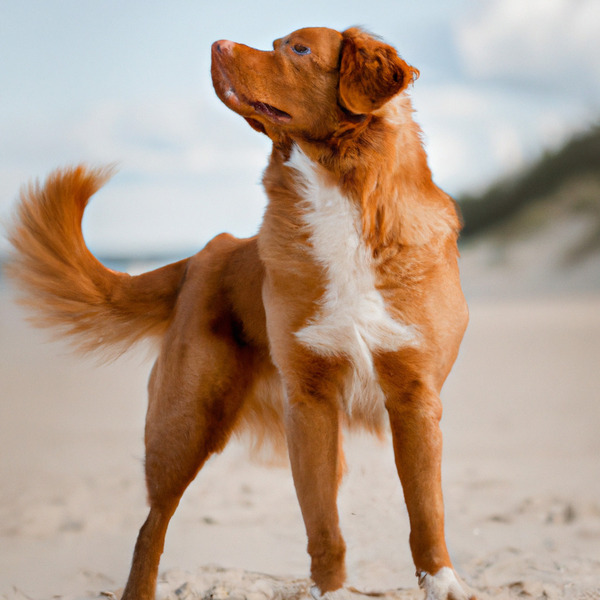
Nova Scotia Duck Tolling Retriever
Chidale vs Nova Scotia Duck Tolling Retriever
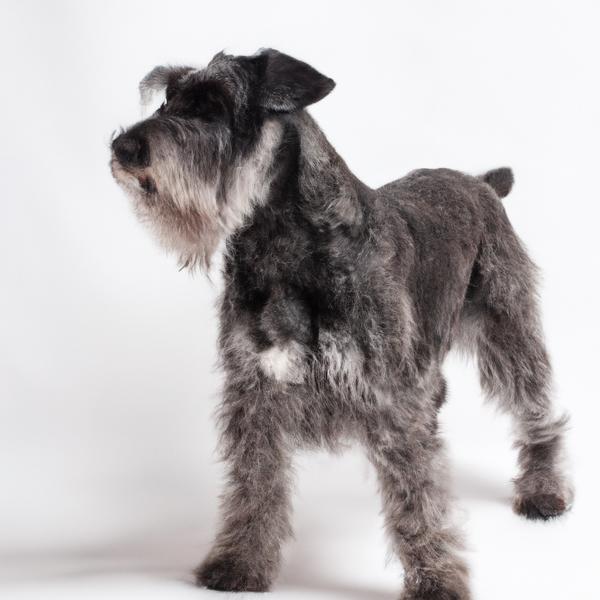
Schnottie
Chidale vs Schnottie
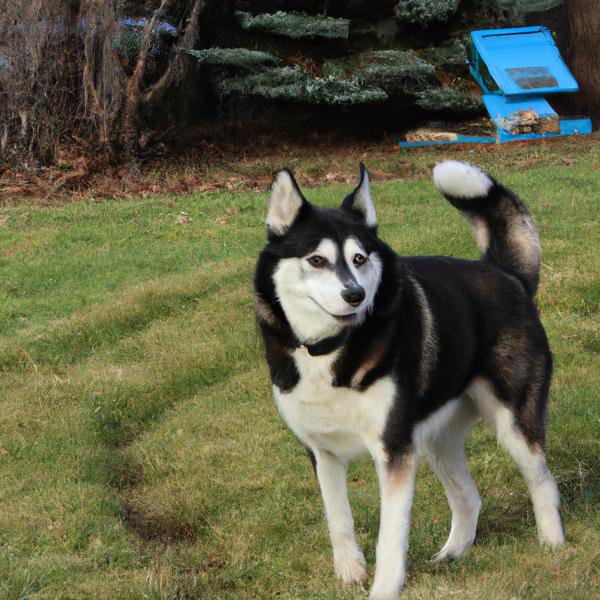
Husky Jack
Chidale vs Husky Jack

Beacol
Chidale vs Beacol
